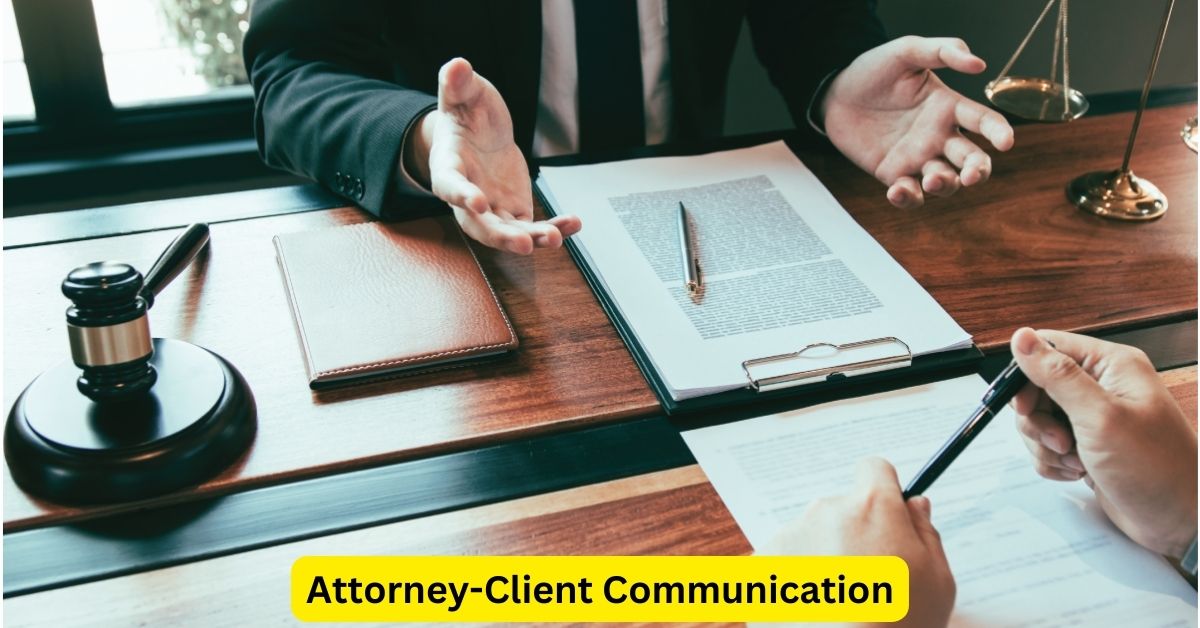Building Trust and Ensuring Clear Communication
Effective attorney-client communication is paramount to successful legal representation. It forms the foundation for trust, understanding, and collaboration, which are essential for achieving favorable outcomes. Here are some best practices to ensure effective communication between attorneys and their clients.
Establishing Clear Communication Channels
Initial Consultation: The initial consultation is the first opportunity to establish clear communication channels. During this meeting, attorneys should explain their communication methods, such as preferred modes of contact (email, phone, or in-person meetings) and expected response times. Setting these expectations early helps prevent misunderstandings.
Regular Updates: Keeping clients informed about the progress of their case is crucial. Attorneys should provide regular updates, even if there are no significant developments. This can be done through scheduled check-ins, status reports, or brief emails. Regular communication reassures clients that their case is being actively managed.
Accessibility: Attorneys should strive to be accessible to their clients. Providing multiple ways to reach out, including phone numbers, email addresses, and office hours, ensures that clients can easily contact their attorney when needed. Accessibility fosters a sense of reliability and trust.
Active Listening and Empathy
Active Listening: Effective communication is a two-way process. Attorneys must practice active listening, paying close attention to their clients’ concerns, questions, and objectives. This involves not just hearing but understanding and responding appropriately. Active listening helps attorneys gather critical information and demonstrate that they value their clients’ input.
Empathy: Demonstrating empathy is essential for building a strong attorney-client relationship. Attorneys should acknowledge their clients’ emotions and show genuine concern for their well-being. Empathy fosters trust and encourages clients to share important information that may impact their case.
Clear and Transparent Communication
Avoid Legal Jargon: Legal terminology can be confusing and intimidating for clients. Attorneys should strive to explain legal concepts and processes in plain language, ensuring that clients fully understand their situation and the potential outcomes. Clear explanations help clients make informed decisions.
Honesty and Transparency: Attorneys must be honest and transparent about the strengths and weaknesses of their clients’ cases. This includes discussing potential risks, realistic outcomes, and any challenges that may arise. Honest communication builds trust and prepares clients for various scenarios.
Written Communication: Documenting important conversations and agreements in writing is a best practice. This includes summarizing discussions, sending follow-up emails, and providing written outlines of legal strategies. Written communication helps prevent misunderstandings and serves as a reference for both the attorney and the client.
Managing Expectations
Setting Realistic Expectations: Attorneys should set realistic expectations regarding the timeline, costs, and potential outcomes of a case. This involves discussing possible scenarios and being transparent about what can and cannot be achieved. Managing expectations helps avoid disappointment and fosters a more collaborative relationship.
Clear Fee Agreements: Discussing fees and costs upfront is essential for maintaining transparency. Attorneys should provide clear explanations of their fee structures, billing practices, and any additional expenses that may arise. A written fee agreement ensures that clients understand the financial aspects of their representation.
Conclusion
Effective attorney-client communication is the cornerstone of successful legal representation. By establishing clear communication channels, practicing active listening and empathy, maintaining honesty and transparency, and managing expectations, attorneys can build strong, trusting relationships with their clients. These best practices not only enhance the client experience but also contribute to achieving favorable legal outcomes.

